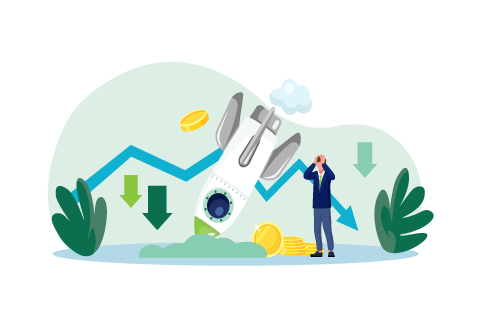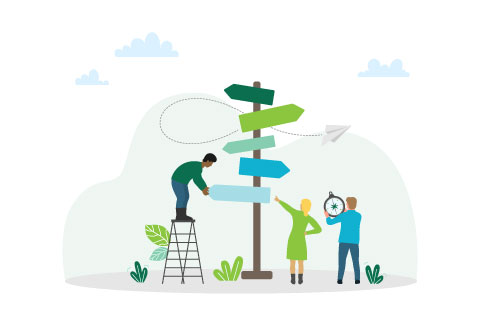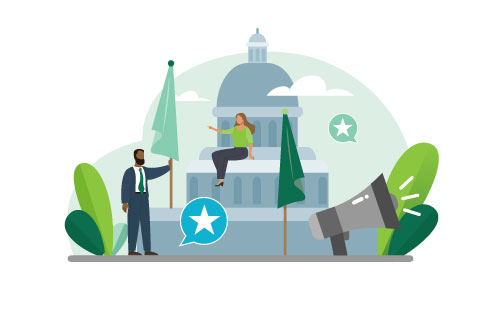By Jo Causon, CEO, The Institute of Customer Service
The latest phase of the Covid-19 pandemic has brought with it a fresh wave of uncertainty. Businesses across the country are busy dealing with the immediate challenges brought on by increased restrictions and regional inequalities, alongside the ever-looming implications of our exit from the European Union. There is no doubt that there are turbulent times ahead – and business leaders are rightly focused on successfully supporting their customers and their people through these choppy waters.
Yet, when dealing with the short-term hurdles in our path we must not forget the pandemic has brought about a unique opportunity to re-think how we operate, and rebuild a society that is fairer, more ethical and more sustainable than the one we left behind. As we approach what would have been the COP 26 conference, the government remains focused on the promise of a Green Recovery – putting environmental goals at the heart of its plans to rebuild. But to truly succeed, we will need a collective effort, that sees green policies become an integral part of business plans.
I know that for many businesses, environmental goals may currently be seen as a secondary objective; pushed down the priority list in favour of tackling immediate threats to survival. But I firmly believe that planet and profit are not mutually exclusive – and focusing on sustainability could hold the key to successfully surviving the impacts of the pandemic.
Long before the crisis hit, we had begun to see customers increasingly gravitate towards businesses and products that share their social and environmental values. Whether it’s the use of plastics and other materials, overall carbon footprint or ethical reputation, customers are increasingly using sustainability as a marker by which to select the brands with which they choose to engage. With the crisis arguably putting environmental issues even more firmly on the agenda, businesses could well stand to win or lose loyal customers based on their ethical and sustainable credentials.
As well as considering the environmental impact of their own products, practices and supply chains – customers are increasingly looking to businesses to drive change; helping to educate customers and encourage more sustainable choices. Doing so could also help us collectively to fight the climate crisis, and create a greener, safer world for future generations. It could also hold the key to our economic recovery. Recent research from the Green Alliance shows a truly circular economy could add £10 billion a year to UK manufacturing profits – not only sparing precious resources, but creating a wave of much-needed new jobs.
Of course, this in itself presents a complex set of challenges for businesses – who must balance defining, meeting and measuring sustainability objectives with the need to deliver for customers and maintain profitability. Yet in putting environmental goals at the heart of recovery plans, we have a real chance to sow the seeds for the post-pandemic future we want; building a greener, fairer and more prosperous society.
To help businesses navigate these challenges, our next piece of breakthrough research – The Customer and the Green Agenda – focuses on this issue. It examines how organisations are developing a green agenda in the context of the customer experience they deliver, the challenges and opportunities this creates and how effectiveness is measured. We will also look at how organisations engage their customers in the green agenda and how this influences customer satisfaction and buying behaviour.
The research will launch on 13th January 2021, and I look forward to sharing the results with you all in the New Year.



